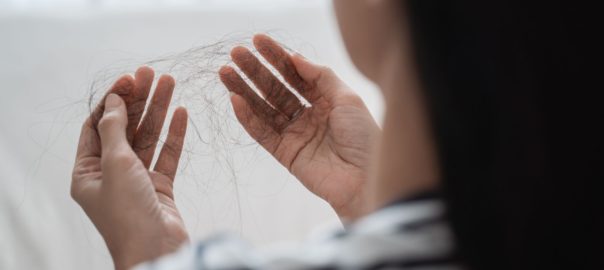Did you know that the health of your hair is closely tied to your gut health and overall wellness?
The nutrients we consume can have a significant impact on the growth and health of our hair follicles. That's why it's essential to understand how our diet and lifestyle choices can influence our hair's health.
To shed more light on this topic, we are joined by Julie Olson, an expert in hair and wellness. With her wealth of knowledge and experience in the field, Julie can help us better understand the key nutrients and lifestyle changes needed to promote healthy hair growth and prevent hair loss. So let's dive in!
The Role of Nutrition in Hair Health
Hair follicles require a complex array of nutrients to grow and remain healthy, including protein, vitamins, minerals, and healthy fats. However, simply consuming these nutrients is not enough; they must also be absorbed by the body for maximum benefit.
Many factors can impede nutrient absorption, such as poor gut health or autoimmune issues. This is why it is essential to address these underlying issues to improve hair health.
Contrary to popular belief, hair loss is not solely due to aging. It can also be caused by nutrient deficiencies, stress, hormonal imbalances, and other health issues.
Therefore, it is important to maintain a healthy gut by consuming a diet rich in fiber and fermented foods and avoiding processed foods and foods that trigger inflammation.
Key Nutrients for Hair Health
Hair follicles require a wide range of nutrients to grow and maintain health, and deficiencies in key nutrients can lead to hair thinning, dryness, and even hair loss. Here are some of the key nutrients that play a critical role in hair health:
Protein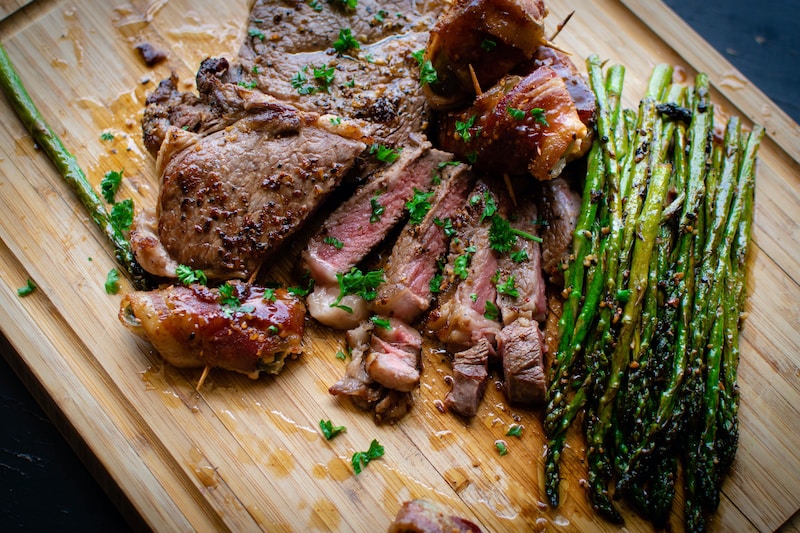
Hair fibers are primarily made up of protein, which means that consuming enough protein is essential for healthy hair growth. Animal protein, in particular, is an excellent source of branch-chain amino acids, which are vital for building strong, healthy hair.
Sources: Grass-fed beef, chicken, turkey, fish, eggs, and dairy products like yogurt and cheese. It is important to choose grass-fed and organic sources of animal protein when possible, as these can provide higher levels of important nutrients and healthier fats for overall health.
Plant-based sources of protein like beans, lentils, nuts, and seeds can also contribute to a well-rounded diet for hair health.
Vitamin C
It can also aid in protein absorption.
Sources: citrus fruits, strawberries, and bell peppers.
Fat-soluble vitamins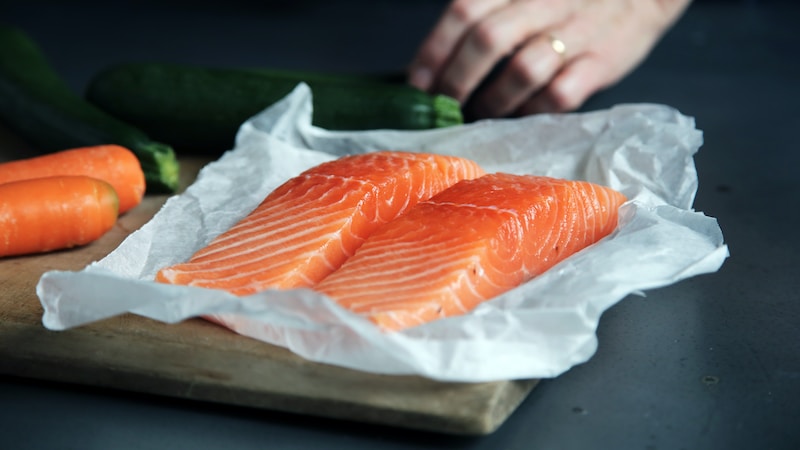
Vitamins D, A, and E are all crucial for hair health. Vitamin D plays a role in stimulating hair follicles and promoting growth, while vitamin A is essential for scalp health and stem cell growth. Vitamin E helps reduce the breakdown of hair follicles and provides moisture by soothing the oil glands.
Sources: Vitamin D can be obtained from fatty fish like salmon and tuna, egg yolks, and fortified foods like milk and cereal.
Vitamin A can be found in animal products like liver, eggs, and dairy, as well as in colorful fruits and vegetables like carrots, sweet potatoes, and spinach.
Vitamin E can be found in nuts and seeds like almonds and sunflower seeds, as well as in vegetable oils like olive and sunflower oil.
Healthy fats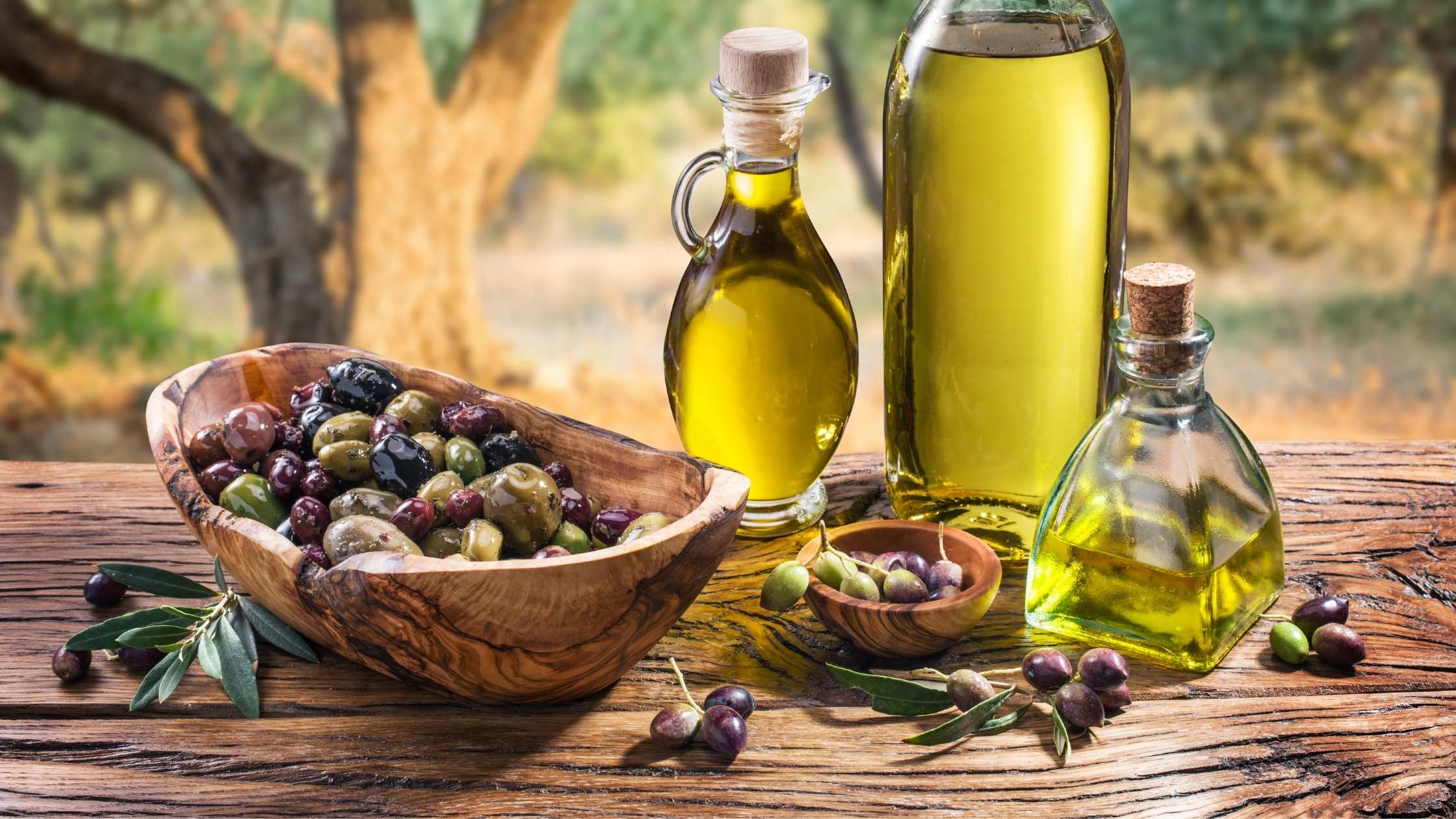
Healthy fats are important for hair health because they help the body absorb fat-soluble vitamins, such as vitamin D, vitamin A, and vitamin E, which are crucial for hair growth and maintenance.
Sources: Monounsaturated fats, such as those found in olive oil and avocados, as well as polyunsaturated fats, such as those found in fatty fish and nuts.
Walnuts, in particular, are a great source of alpha-linolenic acid (ALA), an omega-3 fatty acid that has been linked to hair growth and scalp health.
It is important to note that while certain types of fats are beneficial for hair health, saturated fats found in processed and fried foods should be avoided as they can contribute to inflammation and poor overall health.
Selenium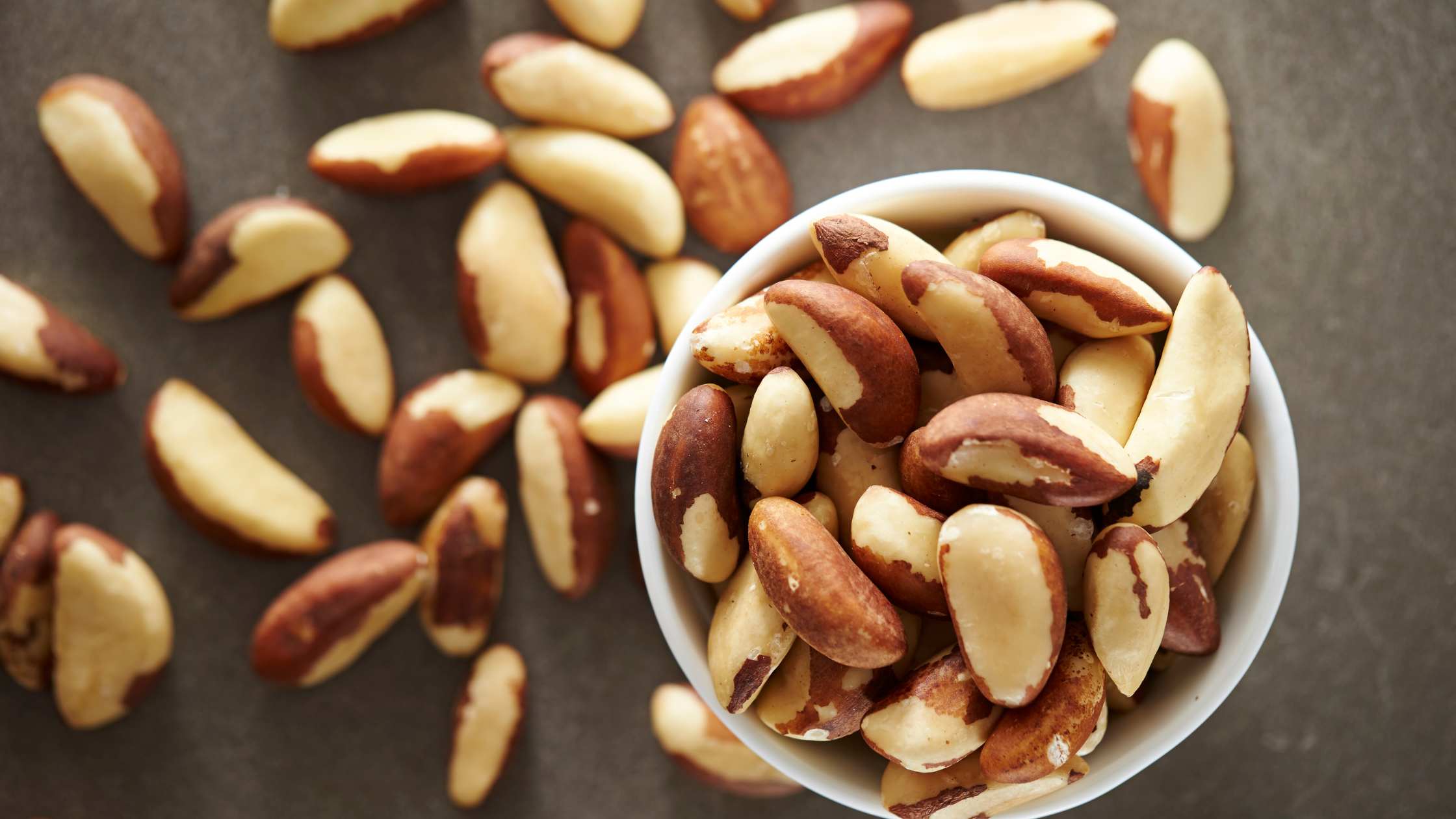
It is another key nutrient that aids in hair follicle formation and protection. However, it is important to consume selenium in moderation, as excessive consumption can lead to negative health effects. It is recommended to consume no more than 400 micrograms of selenium per day.
Sources: Brazil nuts, seafood (such as oysters, tuna, and crab), liver, and poultry.
Zinc
It is another important nutrient for hair health, as it is involved in tissue growth and repair.
Sources: Good dietary sources of zinc include liver, eggs, oysters, yogurt, and sunflower seeds.
Vitamin E and manganese 
Found in nuts and seeds and leafy greens can also benefit hair health.
Sources: Walnuts and Brazil nuts are especially beneficial, and soaking or sprouting nuts and seeds can make nutrients more absorbable.
B vitamins and niacin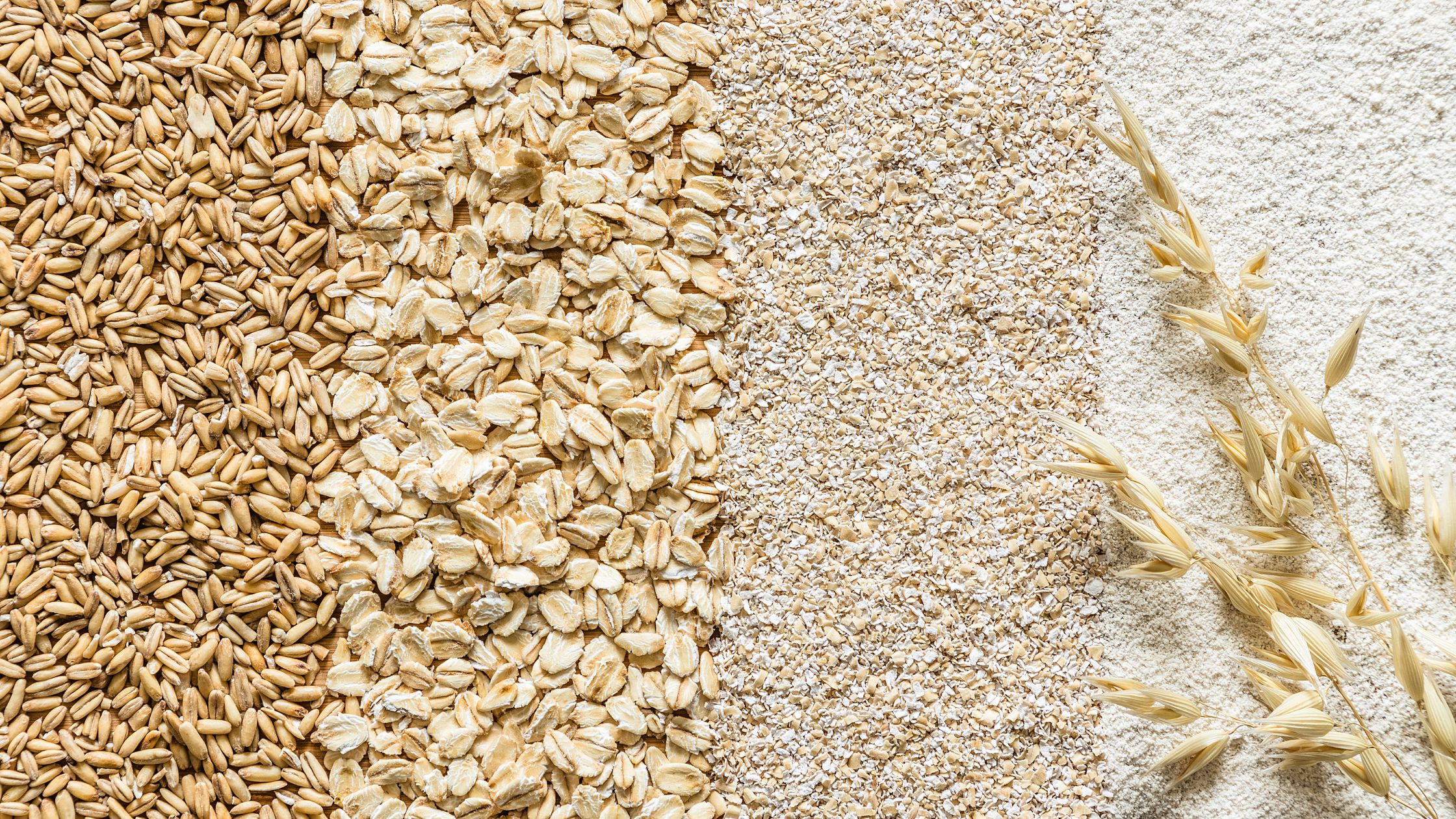
Niacin can help dilate capillaries and inhibit hair loss, but different people may have different reactions to it. It's important to note that taking niacin supplements can lead to adverse side effects and should be done under the guidance of a healthcare professional.
Sources: whole grains, leafy greens, legumes, nuts, and seeds. Good sources of niacin include poultry, fish, and whole grains.
Iron
Iron deficiency can lead to hair thinning and hair loss, making it an important nutrient to focus on for hair health. Essential for red blood cell production and oxygen transport to the hair follicles, iron promotes hair growth.
Sources: Good sources of iron include red meat, poultry, fish, beans, fortified cereals, and legumes, such as lentils, chickpeas, and beans.
Biotin Myth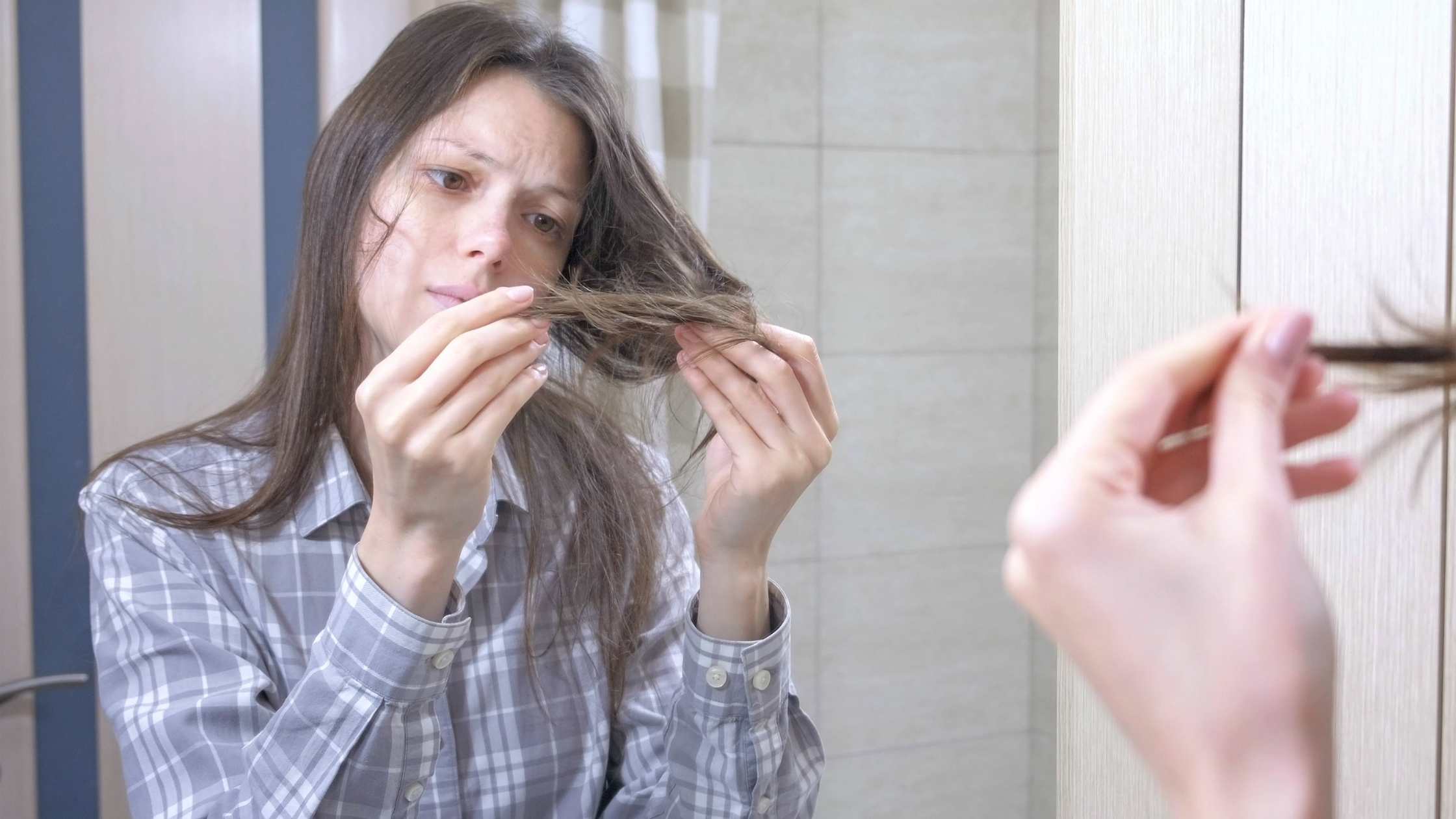
Biotin, also known as vitamin B7, is often marketed as a hair growth supplement. Biotin is necessary for healthy hair growth and a deficiency in biotin can lead to dry, brittle hair prone to thinning. There is, however, little evidence to support the claim that biotin alone can stimulate hair growth.
Despite the benefits of biotin, there are downsides to taking high doses of this vitamin. One study found that taking excessive biotin supplements can actually harm hair health, leading to increased hair shedding and breakage.
It is important to listen to your holistic nutrition practitioner and be mindful of supplement intake, as it is possible to get too much biotin through supplements and fortified foods. One supplement that contains high levels of biotin may be counterproductive to hair health, so it is important to be aware of the dosage of biotin in supplements.
Keeping a food journal can also be beneficial in balancing nutrient intake, as biotin can be found in many common foods such as eggs, nuts, and whole grains. By consuming a varied and balanced diet, one can obtain the necessary amount of biotin for healthy hair growth without the risks associated with excessive supplement intake.
The Journey of Making Nutritional Changes
Making nutritional changes can be challenging for many people, especially when it comes to addressing hair health. Clients may struggle with implementing dietary changes due to various factors such as taste preferences, cultural upbringing, and limited access to certain foods.
Additionally, individuals with common food sensitivities or leaky gut issues may struggle with nutrient absorption, which can impact hair health. Therefore, it's important to address gut health as a part of any nutritional changes.
By working with a healthcare practitioner and making gradual dietary changes, clients can improve their gut health and nutrient absorption, ultimately leading to healthier hair.
Conclusion
Achieving healthy and strong hair is not just about using the right hair products but also about maintaining a balanced and nutritious diet.
Incorporating key nutrients such as protein, fat-soluble vitamins, healthy fats, zinc, selenium, and B vitamins can promote hair growth and prevent hair loss. It is important to obtain these nutrients from a variety of food sources, including grass-fed animal protein, fatty fish, nuts, seeds, leafy greens, and other superfoods.
Furthermore, paying attention to gut health and common food sensitivities can improve nutrient absorption and overall hair health. While making nutritional changes may come with challenges, it is important to work with a practitioner and keep a food journal to balance nutrient intake and optimize hair health.
By taking a holistic approach to hair care and nourishing the body from the inside out, you can achieve healthy and vibrant hair that shines with vitality.

